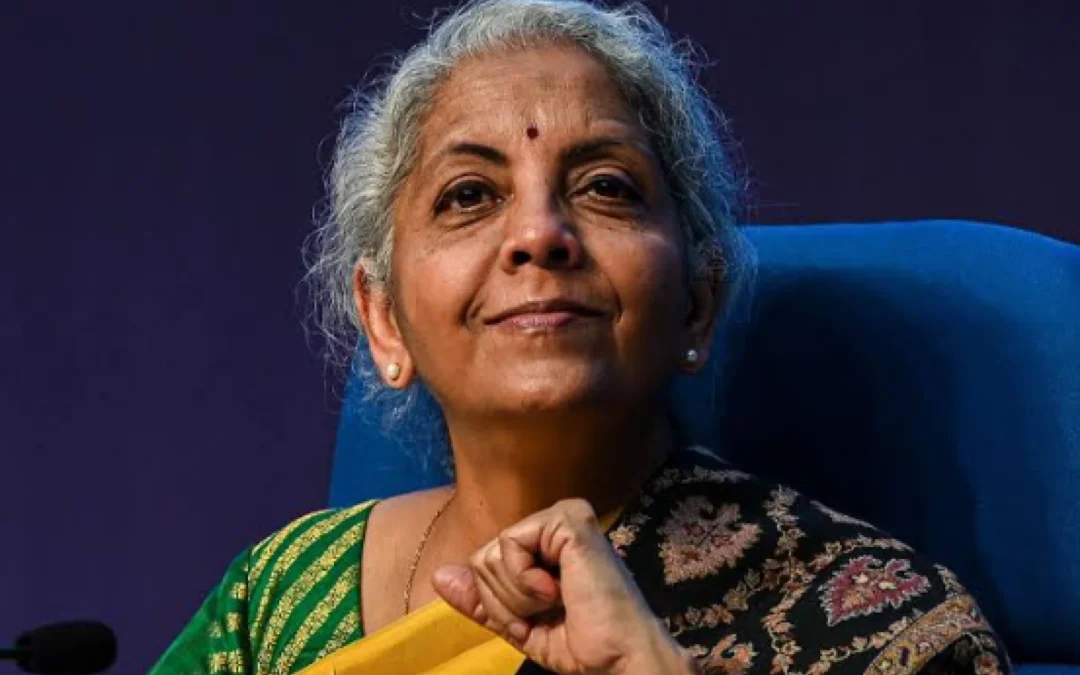Nirmala Sitharaman,Finance Minister
Within days of the decision, from car makers to public sector insurance companies and shoe and apparel brands have already announced significant price cuts and the rest are likely to follow suit by the time new GST rates are implemented, Sitharaman said
New Delhi :Calling the landmark GST overhaul a ‘people’s reform’, Finance Minister Nirmala Sitharaman on Saturday said that rationalisation of rates for a wide swath of products will benefit every family, boost consumption, and bolster the economy.
In an interview to PTI, the Finance Minister said she will personally monitor passing on of goods and services tax (GST) rate cuts in the form of price reduction but hastened to add that industry has shown positivity towards such cuts.
Within days of the decision, from car makers to public sector insurance companies and shoe and apparel brands have already announced significant price cuts and the rest are likely to follow suit by the time new GST rates are implemented, she said.
Sitharaman has promised that she will personally monitor the passing on of GST rate cuts by the businesses to the consumers.
“I’ll personally be monitoring the situation as it is getting passed,” the finance minister said in an interview with Times Now.
She also encouraged citizens to report if someone fails to reduce the prices of goods on whose taxes were reduced.
“I have had many people tell me from different parts of the country that it’s a welcome move, and in turn, I’ve told them if it is not getting passed on, you must communicate with me, and I shall be on the ground,” she said in the interview.
To ensure GST rate cuts reach the public, she said several industry players have already pledged to pass on benefits.
Sitharaman highlighted that GST reforms affect the lives of every Indian citizen, as almost everything purchased in the market carries a tax implication.
“…every citizen waking up in the morning has something or the other bought in the market which has an implication, GST implication.”
Nearly 400 products – from soaps to cars, shampoos to tractors and air conditioners – will cost less when the rejig of the GST is effective from the first day of Navaratri on September 22. Premium paid on individual health and life insurance will be tax-free. A third rate of 40 per cent has been earmarked for a small list of sin goods and ultra-luxury items.
“This is a reform which touches the lives of all 140 crore people. There is no individual in this country who is untouched by GST. The poorest of the poor also have something small that they buy, touched by GST,” she said.
Starting September 22, the GST slab structure will change – 5 per cent for common use goods and 18 per cent for everything else. The existing slab of 12 and 28 per cent rates have been done away with.
In the revamped GST structure, most daily food and grocery items will fall under the 5 per cent GST slab with bread, milk and paneer attracting no tax at all.
Sitharaman said the reform – the single biggest since the 2017 rollout of the one-nation, one tax regime – has been carried out with a focus on the common man. Every tax on daily use items has gone through a rigorous review and in most cases the rates have come down drastically.
While the significant relief in income tax that she gave in her Budget in February this year left more money in the hands of common people, the GST rejig will allow for greater spending, making things more affordable.
“People do understand for example, Rs 100 with which they go to the shop to buy a thing. Today, the same Rs 100 they can buy one and a half of the commodity. Earlier, they bought one,” she said.
So this rate reduction is going to bring down monthly household ration and medical bills, as well as help aspirational buying like upgrading from car, replacing white goods like refrigerator or washing machine.

